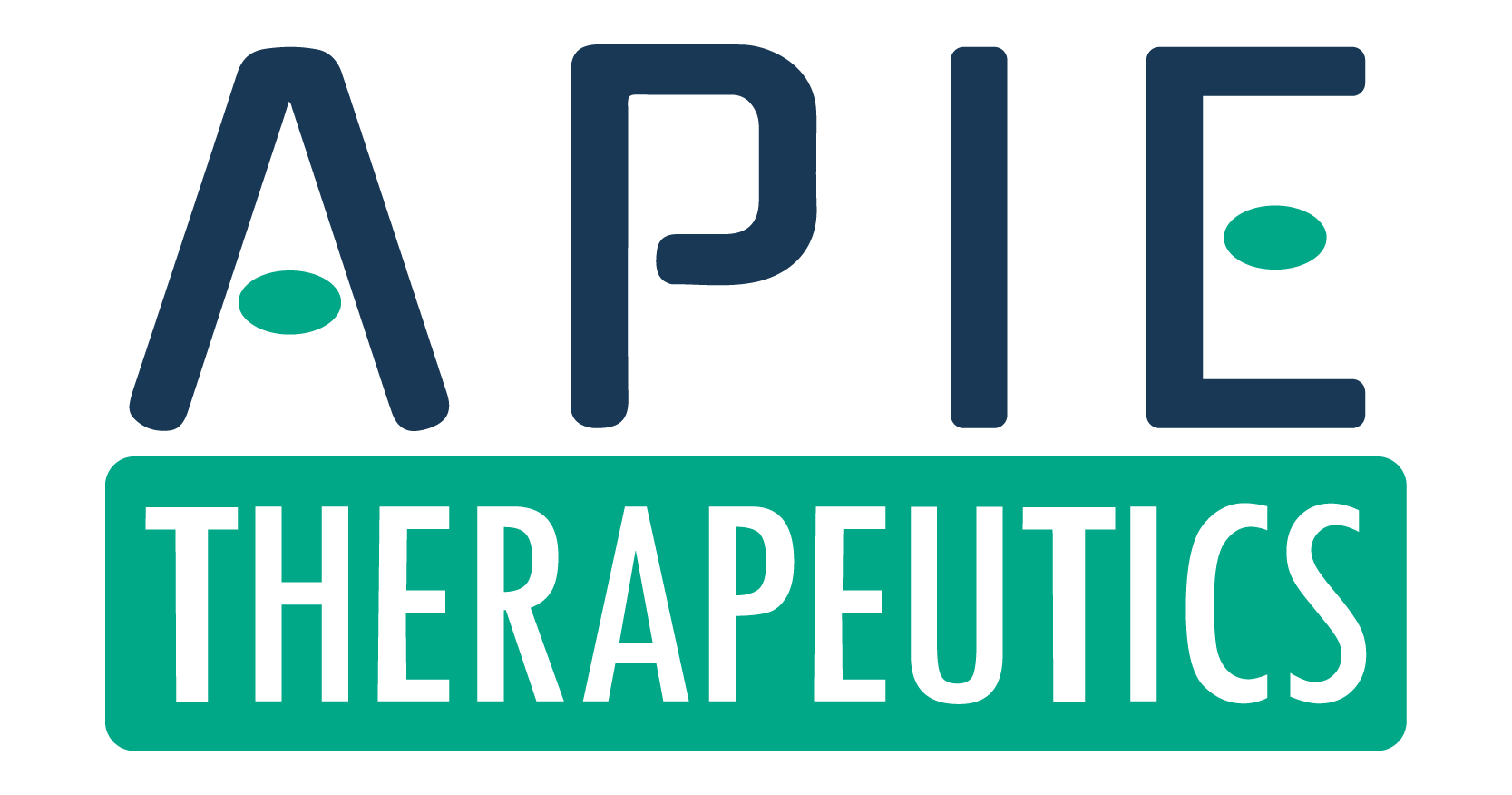Cary, NC — APIE Therapeutics, a preclinical biopharma company pioneering microvasculature endothelium drug development by targeting the apelin receptor (APJ), announced the appointment of Robert Willette, Ph.D. to the role of chief scientific officer. Dr. Willette is a renowned discovery pharmacologist who joins the APIE team with over three decades of experience leading vascular and kidney disease research and development efforts in pharmaceutical and academic centers.
Esther M. Alegría, Ph.D., founder and CEO of APIE Therapeutics, stated, “Dr. Willette’s career in the biotech and pharmaceutical industry has focused on renal and pulmonary diseases, especially those that result from injury to the micro vascular niche. His expertise in this space will be crucial as we advance our lead candidates, APT-101 and APT-102 into human clinical trials.”
Dr. Willette recently served as interim chief science officer at Complexa Therapeutics and ImmunoMet Therapeutics. Previously, he had a 30-year career at GlaxoSmithKline (GSK), most recently as vice president and head of their heart failure and renal discovery performance unit where he was responsible for pre-clinical discovery and clinical proof of concept. During his tenure at GSK, he led the discovery and development of candidates the cardiopulmonary, cerebrovascular and renal space, including TRPV4 blockers and p38 inhibitors that are currently in late-stage development at GSK. Dr. Willette was involved in the negotiation of a 2015 partnership with Idera Pharmaceuticals to collaborate on the development of antisense therapeutics against renal disease targets.
He also served as an industry mentor at the Perelman School of Medicine’s Institute of Translational Medicine at the University of Pennsylvania. He was a founding member of the Perelman School of Medicine’s Transformative Research in Diabetic Nephropathy (TRIDENT) initiative, which created a consortium of industry and academic experts from industry, medicine and academia with the goal of improving the lives of people affected by diabetic kidney disease.
Dr. Willette has authored more than 150 original peer-reviewed research papers and is a recipient of the American Heart Association’s Robert Seikert Award for outstanding stroke research and the George Koelle Award for contributions in pharmacology. He earned his doctoral degree from the department of pharmacology at Rutgers University, School of Medicine and Dentistry in NJ, where he studied the central control of cardiopulmonary function. He conducted postdoctoral training at the Veterans Administration in NJ, Rutgers University and the Weill Medical College at Cornell University.
“I have spent a career researching treatments for cardiopulmonary and renal diseases and working with organizations like TRIDENT to advance the medical community’s understanding of disease pathology so that better medications can be developed,” added Dr. Willette. “I’m impressed with the unique scientific approach that Dr. Alegria and her colleagues are taking. Products like those in the APIE Therapeutics pipeline that address micro-vascular injury/repair could have significant potential to treat currently intractable diseases.”
About APIE Therapeutics
APIE Therapeutics is a preclinical stage biopharmaceutical company pioneering the development of a portfolio of small-molecule therapeutic drugs that target the apelinergic signaling pathway to repair and regenerate, post injury, the vasculature niche, which is an associated precursor of many chronic disease’s pathophysiology. APIE Therapeutics licensed a portfolio of over 800 compounds from RTI International, a well-known nonprofit research institute and inventors of commercial drugs such as Taxol®, Camptothecin®, EllaOne® and Esmya®.
The company’s lead candidate, APT-101, is undergoing preclinical testing for the treatment of idiopathic pulmonary fibrosis (IPF), a chronic lung disease characterized by a progressive and irreversible decline in lung function. APT101 is also undergoing preclinical testing for the treatment of renal disfunction diseases and scleroderma.

